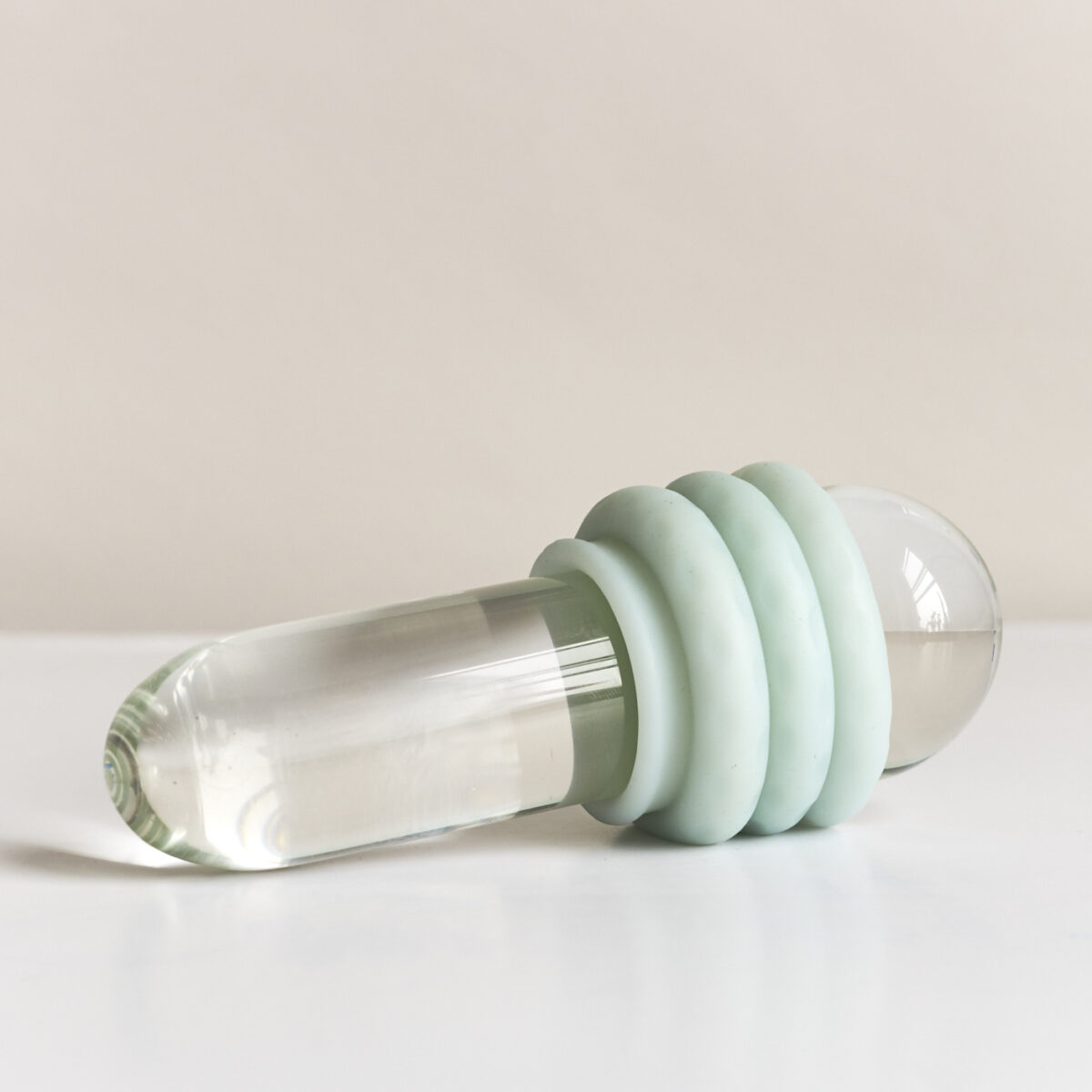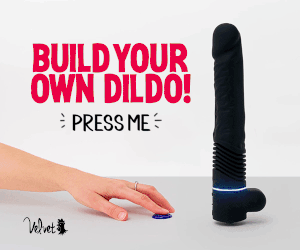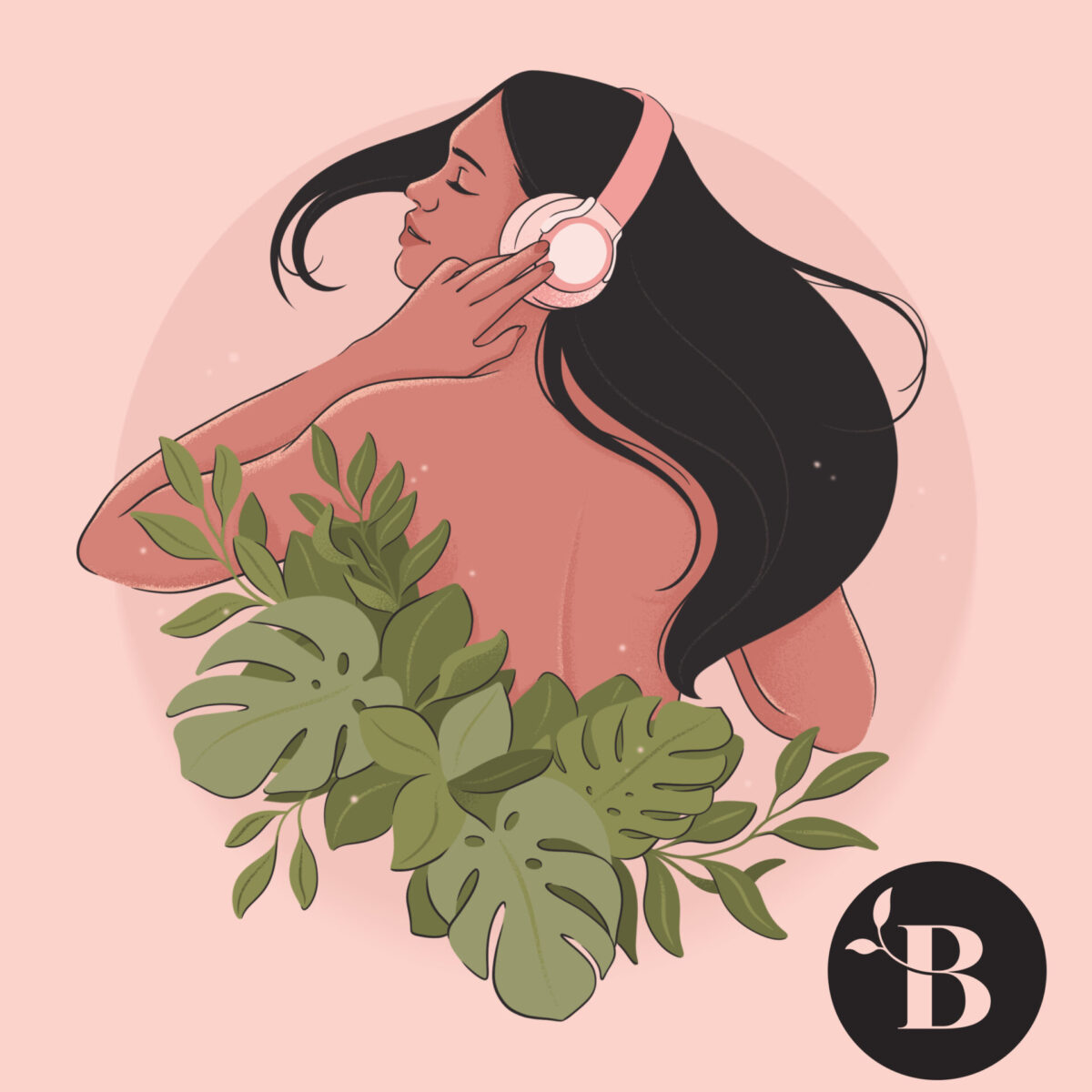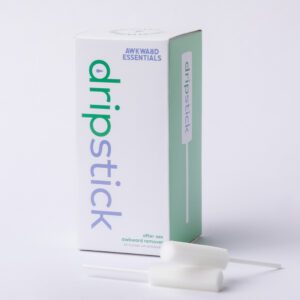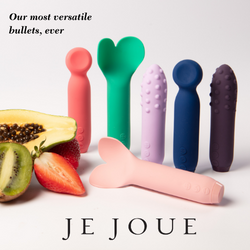Inventor of Momotaro Apotheca Salve Takes on VulvoVaginal Health
SexForEveryBody.com is supported by our readers. We may earn a commission if you buy through links on our site. Learn more.
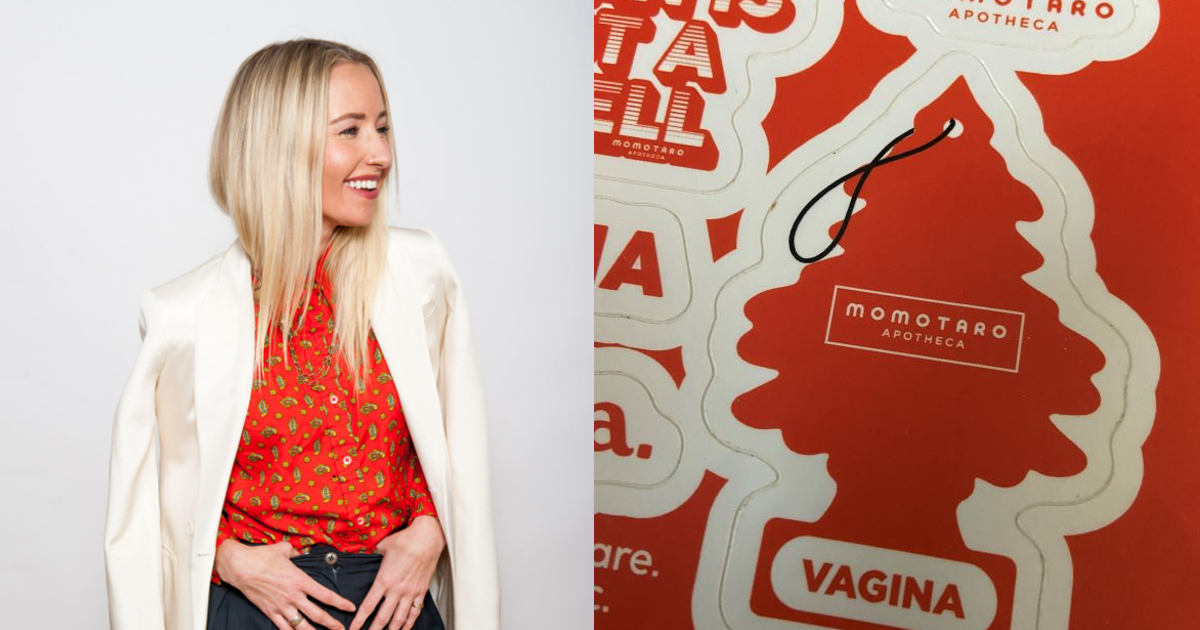
Sex in a hot spring might sound like a real good time to some, but Lindsay Wynn knew better.
Still, when a new partner suggested they have intercourse in a warm body of water, she didn’t listen to her inner voice. Soon afterward, her vaginal health paid the price.
“Deep down. I definitely knew that was bad for me,” she said, thinking back to that time.
“I don’t want to admit that this might be gross and bad for my vagina, because I want to seem cool, and like this easy fuck.”
“Fast forward, I got the worst yeast infection from hell.”
Feeling little guidance and a painful burning itch that could drive any person mad, Wynn turned to over-the-counter medicine.
“I didn’t have a ton of support in that space. I didn’t talk to friends about it. So I went straight to your traditional Monostat.”
“It slingshot my body into a tailspin,” said Wynn.
Making the Momotaro Apotheca salve
After seeking help from her OB-GYN, a Naturopath, and exploring Eastern medicine options, Wynn’s unrelenting vaginal discomfort spurred her on a quest for relief. This journey ultimately led her to create the Momotaro Apotheca salve to address her own needs.
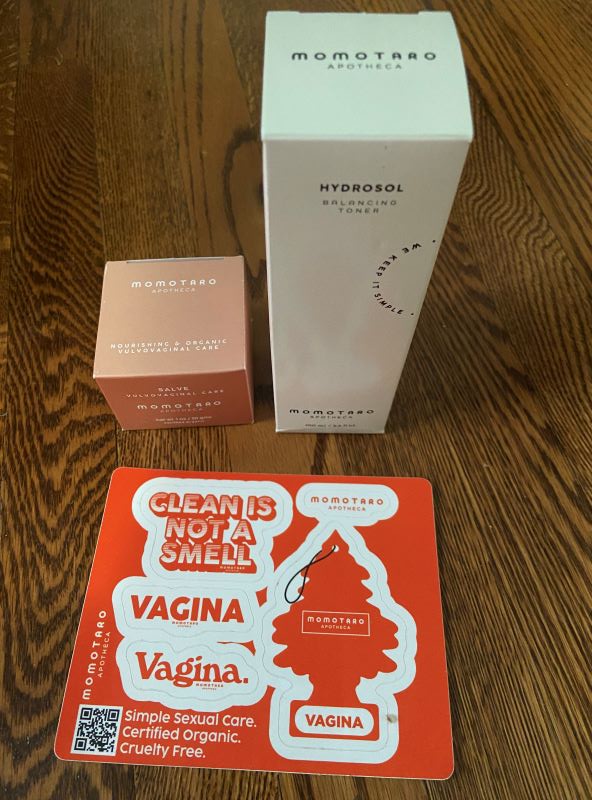
It’s the flagship product of her Portland-based company Momotaro Apotheca, which she founded in 2017.
Since then the brand’s expanded to offer a line of vaginal wellness products, including homeopathic suppositories, probiotics, and an anti-microbial body oil and hydrosol body spray.
The Momotaro Apotheca salve is a plant-based organic alternative to common over-the-counter and prescription antifungal treatments.
Instead of using synthetic ingredients like miconazole or fluconazole, it relies on natural anti-inflammatories like Goldenseal, Echinacea, and Calendula to relieve symptoms associated with yeast and bacterial infections.
Related Read: Dental Dam Panties Cleared by FDA for STI Protection
According to Wynn, the azole-based antifungals didn’t work for her. They triggered a six-month battle against recurring bouts of yeast infections and Bacterial Vaginosis. She developed a urinary tract infection that escalated into a kidney infection, which required antibiotics and left her with another yeast infection.
Wynn’s experience is anecdotal. Yet studies reveal a growing resistance to the azole class of antifungals referenced above that are found in drug stores and frequently prescribed by doctors.
From feminine care to vulvovaginal health
Part of what kept Wynn from visiting a doctor earlier, she says, was the great difficulty she had uttering three words: “My vagina hurts.”
Walking down the so-called feminine care aisle in her drug store didn’t help. She recalls the packaging for popular brands didn’t use anatomically correct words.
Instead, they chose euphemisms like “hoo-ha” and taglines that promoted keeping unmentionable body parts “down there” smelling clean and fresh, and in some cases, like a peach blossom.
“They gendered my vagina, which is fine, I guess. But it didn’t make me feel like I was solving the problem. It made me even more embarrassed.”
Her painful situation felt all the more private and taboo.
“I couldn’t talk to my partner about it. I wanted to and I didn’t have the tools to necessarily do that.”
So instead of sticking to pink labels, flowers, and other traditional marketing tactics for vulvovaginal health, Wynn decided to take a direct approach with her brand Momotaro Apotheca.
“Through naming vulvas, vaginas, body parts, it really desensitized it for me,” she said.
“I’m leveling the playing field: you have a body part, I have body parts. You can talk about this in ways that don’t have to feel so shameful.”
“We still see such a binary understanding of our sexual health, and Momotaro is really trying to do our best to break that down.”
Related Read: Vulvar Pain: Vulvodynia Symptoms, Causes, Treatments
Turfing the TERFS
Not everyone welcomes Wynn’s non-gendered product branding. She doesn’t seem to care or cater to the haters.
On her TikTok, she referenced a letter from a woman who took issue with her using the words vulva and vagina. The disgruntled complainer’s logic? Naming genitals and body parts with medical terms objectified women.
In the face of such criticism, Wynn has doubled down.
“The Western medical world has so many biases that already prevent affirming care to queer folks, I didn’t need to create a brand that continued to perpetuate those biases,” she said.
“I identify as a woman, we make products for women, we also make products for men, we make products for trans folks who are non-binary people. But at the end of the day, we make products for vulvas and vaginas.”
“I wanted to create something that is accessible for everybody, whether it’s because I need it, or if my partner needs it, or potentially a child. These things need to be able to be talked about in a lot of different places with a lot of different people and identities.”

Jenna Owsianik is a Canadian journalist and sex tech industry expert. She is the Founder and Editor-in-Chief of Sex For Every Body®.
Her expertise covers state-of-the-art sex technologies and the major fields driving innovations in intimacy: robotics, virtual reality, remote sex (teledildonics), haptics, immersive adult entertainment, human augmentation, virtual sex, and sexual health.
A trained journalist with a Masters of Journalism from The University of British Columbia, Jenna’s reporting has appeared on Futurism.com, Al Jazeera English, CTV British Columbia online, CBS Sunday Morning, CBS 60 Minutes, Global News, and CKNW Radio in Canada and the United States.


